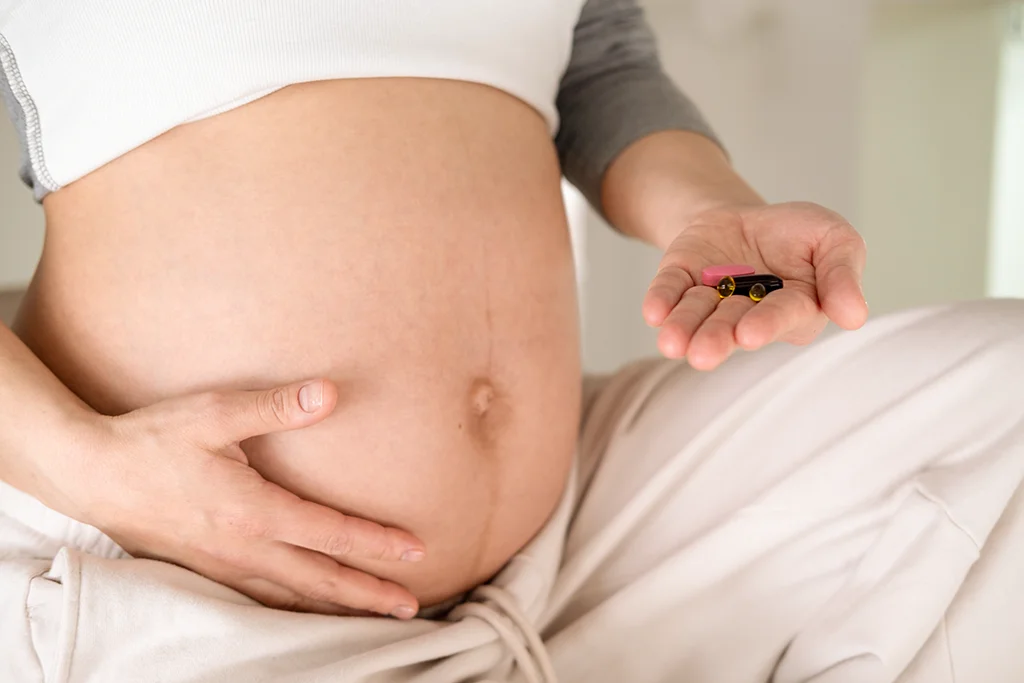If you’re adding collagen to your routine but wondering, “does collagen make you gain weight?” you’re not alone. Collagen is the most abundant protein in the human body, essential to connective tissue, skin, bones, cartilage, and joints. Many people take it for improving skin, easing joint pain, or to build muscle support.
But will collagen change your body composition in a way that leads to unwanted weight? Short answer: on its own, collagen doesn’t inherently cause weight gain. What matters is your overall protein intake, total calories, activity level, and product quality. Below, Fallbrook Medical Center explains the science, practical use, and safety so you can decide with confidence.





